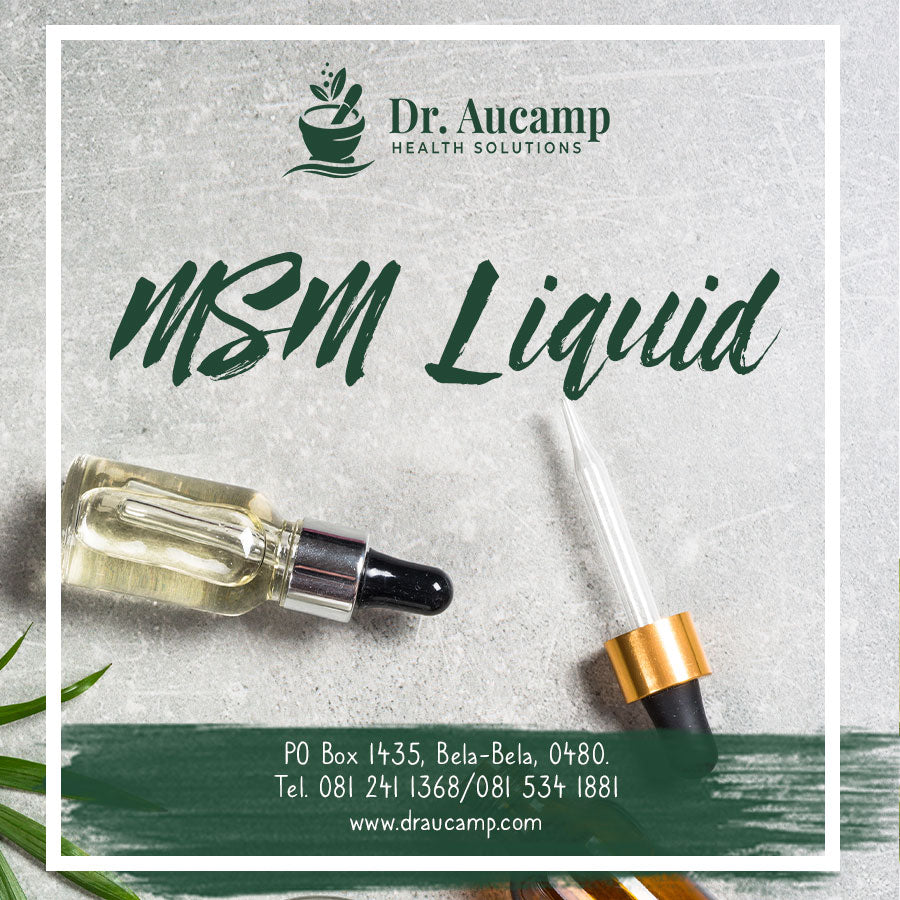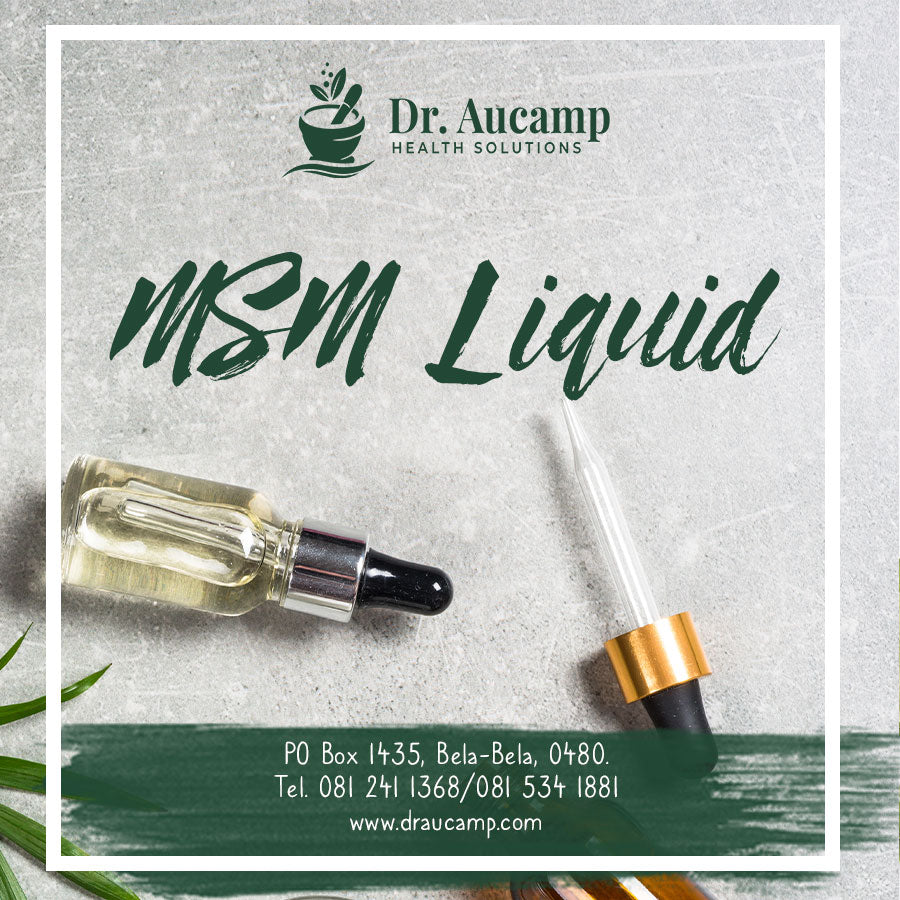MSM Liquid - Methylsulfonylmethane
MSM Liquid - Methylsulfonylmethane
4LifeZa provides information as a service to the consumer.
All products and information obtained from this site are used entirely at own risk.
This website provides general information only about a chemical or class of chemicals; it does not and cannot provide safety information specific to any particular consumer product,
It is not intended to be comprehensive or complete, and it should not be relied upon to ensure safe and appropriate use of any particular product or chemical.
4LifeZA is not responsible for, and expressly disclaims all liability, for damages of any kind, arising out of use of any and all chemicals obtained from 4LifeZA.
4LifeZA is not responsible for, and expressly disclaims all liability, for damages of any kind, arising out of use, reference to, or reliance on any information contained within the site. While the information contained within the site is periodically updated, no guarantee is given that the information provided in this Web site is correct, complete and up-to-date.
4LifeZA is not responsible for the accuracy or content of information contained in links to third party sites.
Couldn't load pickup availability
Methylsulfonylmethane (MSM) is also called dimethyl sulfone, DMSO2, methyl sulfone, and many other names. MSM is an organic sulfur found in fruits, vegetables, grains, and milk as well as the urine of animals. It is an oxidation product of dimethyl sulfoxide (DMSO) and a source of sulfur for producing the amino acids methionine and cysteine. MSM is a water soluble white, odorless, crystalline compound that contains 34% elemental sulfur.
Methylsulfonylmethane reduces pain, inflammation, and allergic reactions. It also has wound healing, dermatologic, and exercise performance increasing effects.
Laboratory studies have found that MSM has anti-inflammatory and antioxidant effects. Sulphur, which is a major component of MSM, plays an important role in making collagen and glucosamine, both of which are vital for healthy bones and joints, and in the production of immunoglobulins, which help your immune system.
www.medicine net.com
Share


